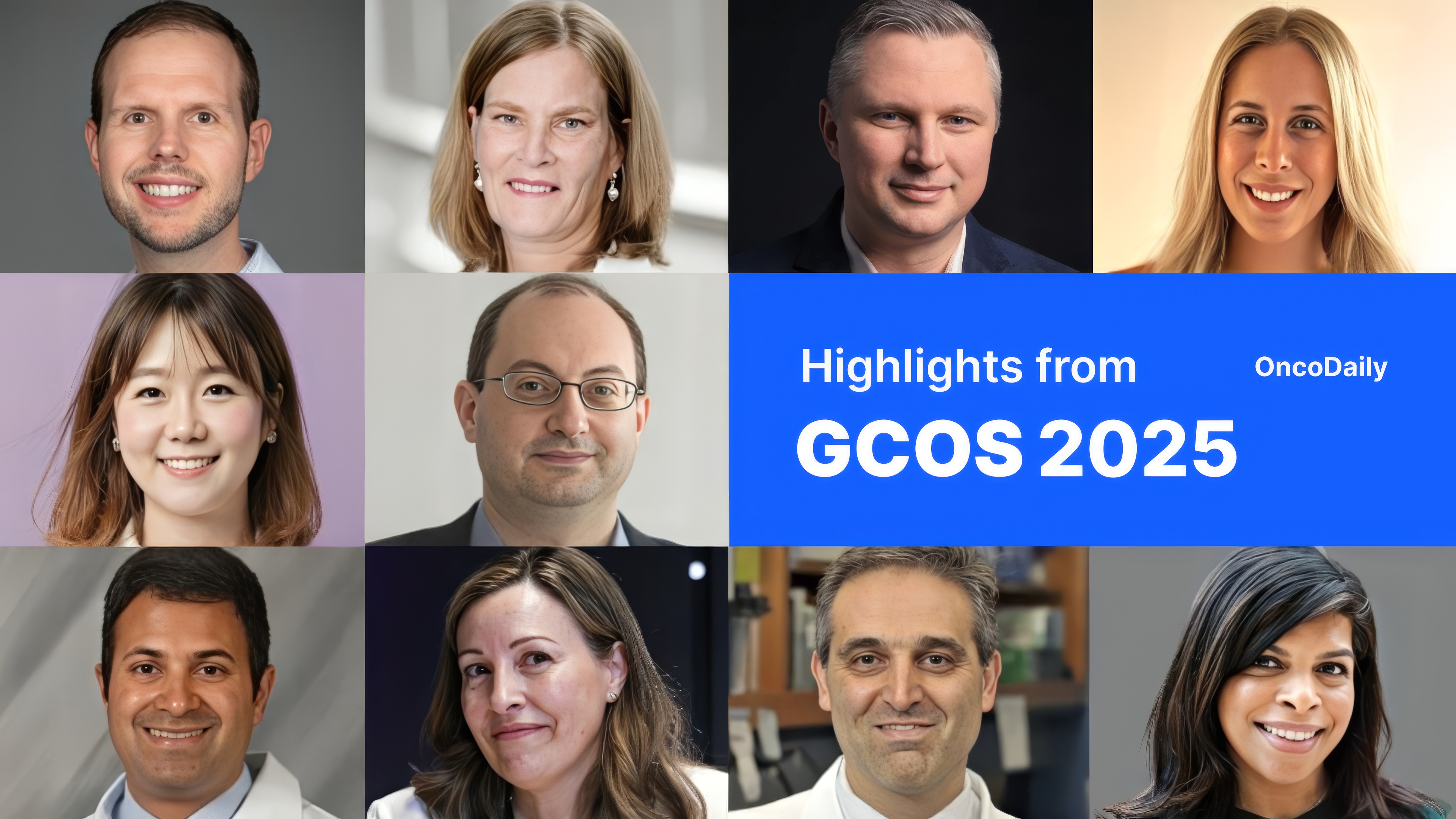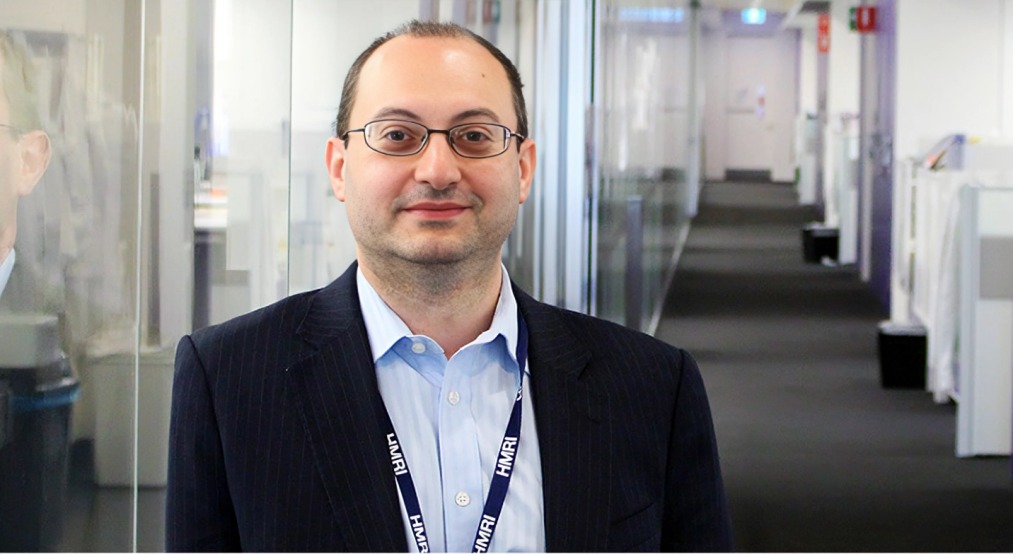The Global Cardio-Oncology Summit (GCOS) is an annual international conference that unites experts in cardiology and oncology to advance the rapidly growing field of cardio-oncology. Organized by the International Cardio-Oncology Society (IC-OS), the summit highlights the latest research, clinical innovations, and collaborative efforts to prevent and manage heart complications related to cancer treatments. The 2025 summit was held from October 30 to November 1 in Cape Town, South Africa. It serves as a vital platform for healthcare professionals worldwide to improve outcomes for patients living with both cancer and cardiovascular disease.
Aaron Sverdlov, Professor and Director of Heart Failure at University of Newcastle, Co-Director of the Newcastle Centre of Excellence in Cardio-Oncology at Hunter Medical Research Institute (HMRI), shared some key highlights from the Global Cardio-Oncology Summit 2025:
“Global Cardio-Oncology Summit 2025 is underway in Cape Town, bringing together cardio-oncology leaders from around the world to focus on the ‘Big 5’ themes in cancer-related cardiovascular care:
- Baseline risk assessment – who is actually at risk before we start cancer therapy.
- Surveillance and prevention – how we monitor and stop problems before they’re clinical.
- Optimal treatment – what to do when cardiotoxicity (or pre-existing CVD) is actually there.
- Survivorship – long-term follow-up, late effects, AYA/paediatric survivors, lifestyle.
- Multidisciplinary (MDT) service delivery – how to organise cardio-oncology so it works in real settings
Huge credit to International Cardio-Oncology Society and the local Cardio-Oncology Society of Southern Africa (COSOSA) team for getting so many disciplines in one room.”
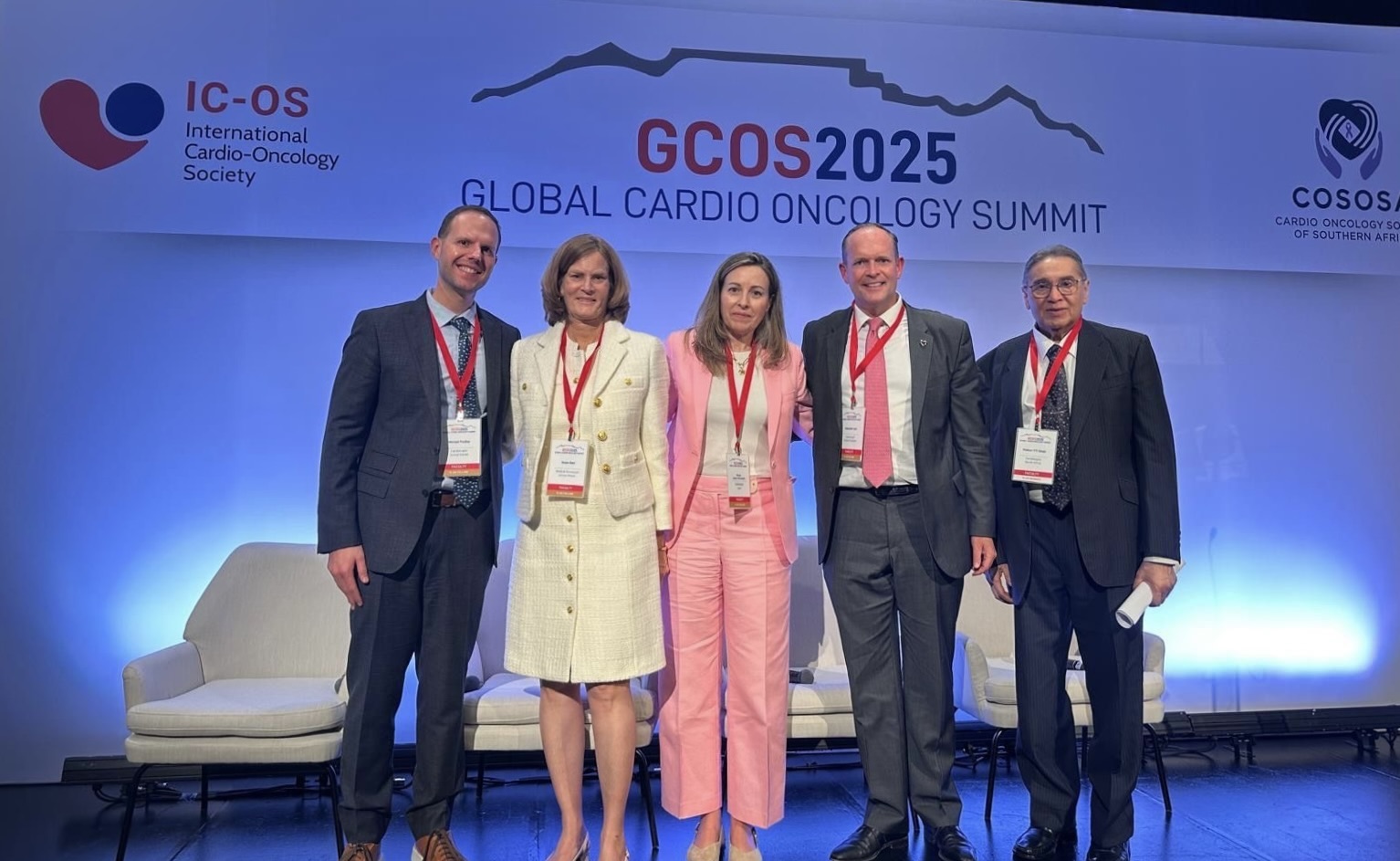
“Big GCOS2025 news for the diary
Big announcement at an incredible GCOS2025 meeting in Cape Town, the International Cardio-Oncology Society has confirmed the next two stops for the Global Cardio-Oncology Summit:
GCOS 2026 – Williamsburg, Virginia, USA
Back to the United States, in historic Williamsburg, to keep pushing the “treat cancer, protect hearts” agenda and grow North American–African–Asia–Pacific collaboration.
GCOS 2027 – Tokyo, Japan | 22–24 October 2027
The first GCOS ever in Japan – a huge opportunity to especially showcase Asia-Pacific cardio-oncology
Look forward to seeing all cardiooncology collegues in USA next year and in Japan in 2027.”
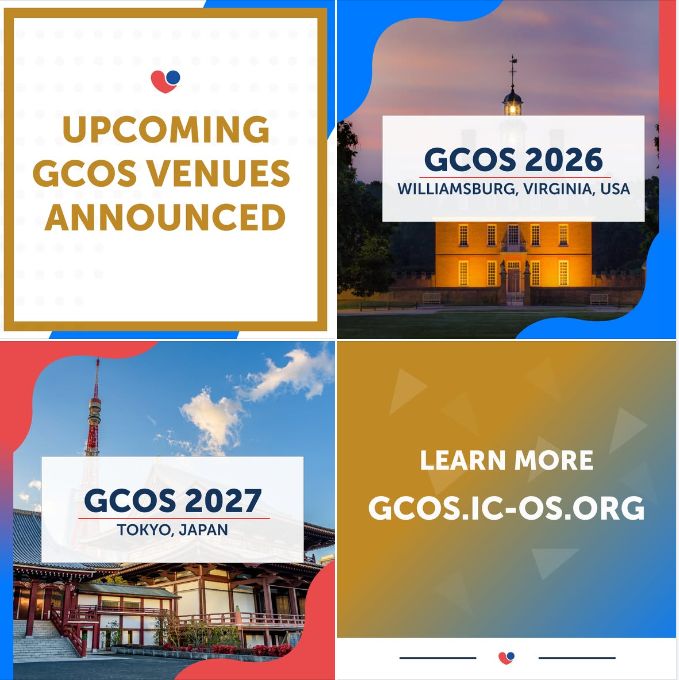
“Celebrating a huge GCOS2025 moment
Thrilled to see Teresa López Fernández honoured with this year’s International Cardio-Oncology Society Thomas Force Award at the Global Cardio-Oncology Summit GCOS2025.
This is one of the society’s most meaningful recognitions, named for Tom Force, whose work set the tone for rigorous, translational cardio-oncology.
Teresa has been central to so much of what our field now considers ‘standard’: ESC cardio-oncology guidance, cardiac imaging pathways, and building national-level cardio-oncology services in Spain. She then delivered the IC-OS Thomas Force Lecture at GCOS2025 – a perfect way to showcase how imaging, risk stratification and real-world service design come together.”
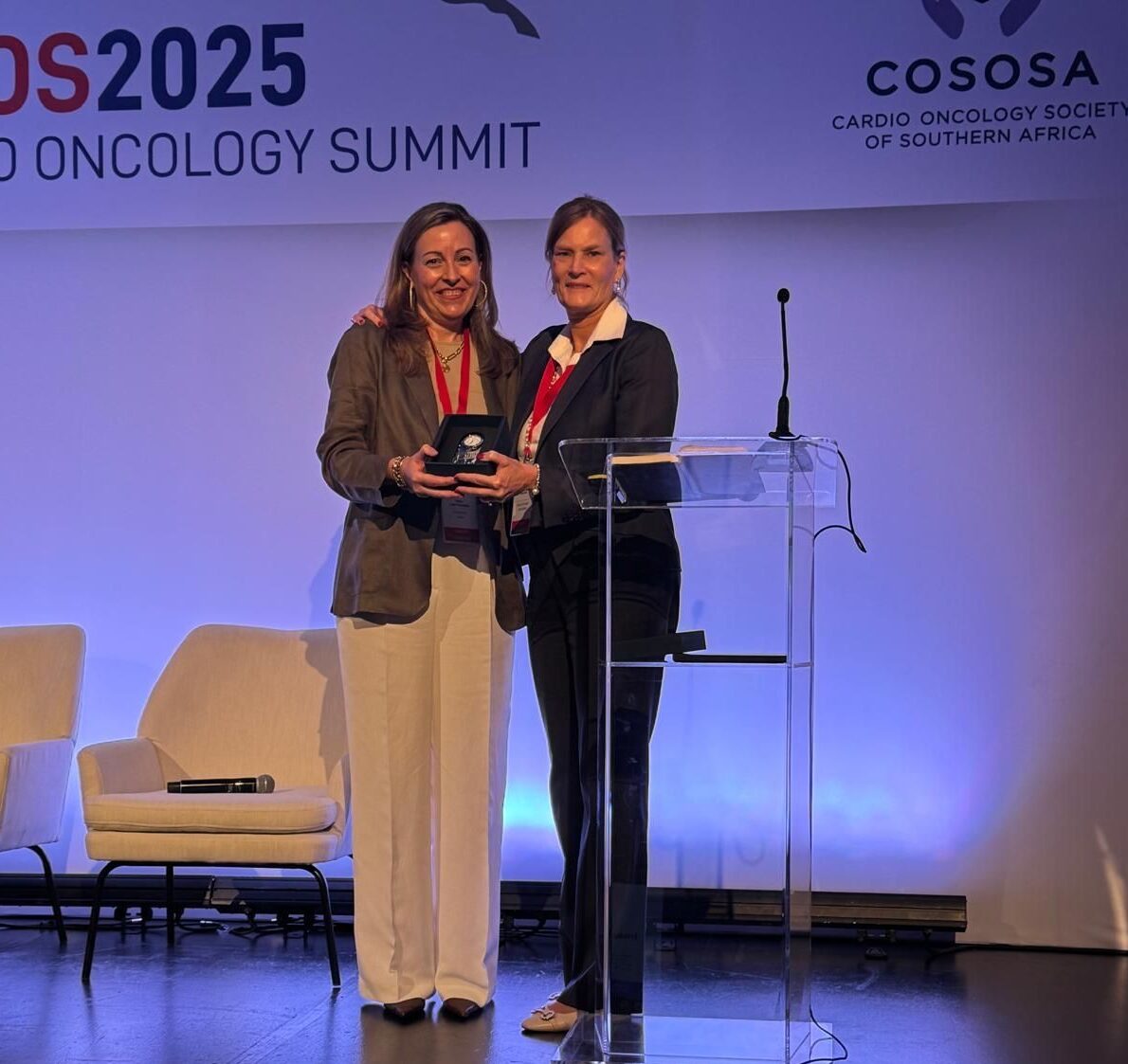
“One of the highlights from GCOS2025 was Michael Fradley, MD practical talk on how to manage thrombosis in cardio-oncology patients. He zeroed in on the common problems we all see: catheter-related thrombosis, active chemo, fluctuating platelet counts, and competing bleeding risks – and still needing to treat the thrombosis.
He highlighted MDT input (oncology + cardiooncology +haematology) speeds decisions.”
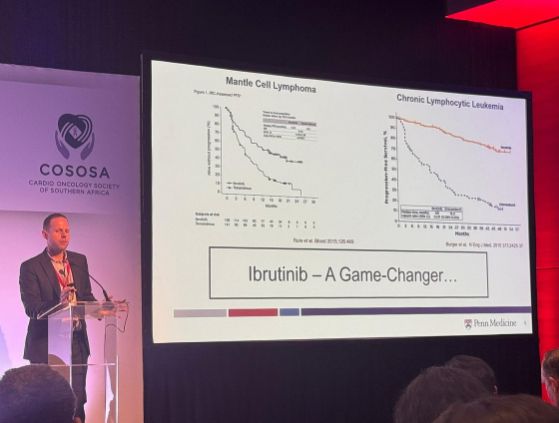
“Great session from Joshua Mitchell, on ‘Cardiac biomarkers – what is their role in the diagnosis and prevention of cardiotoxicity?’ in the Day-2 block on prevention/treatment of CTRCD atGCOS2025. He made the case for structured biomarker use (troponin, natriuretic peptides) tied to cancer-therapy milestones.
This allows earlier imaging, earlier cardioprotective therapy and importantly scalable monitoring.
Key signals he highlighted:
- biomarkers + symptoms are more valuable either alone
- trending matters more than one-off values
- pair biomarker triggers with a planned action”
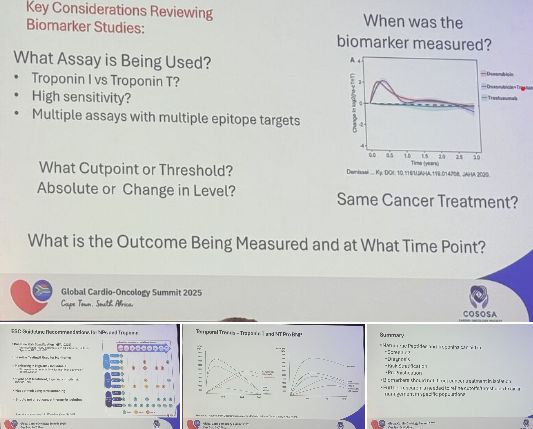
“Important session on importance of Primary Care in Cardio-Oncology by Siva Tharshini Ramalingam – a reminder that for many people with cancer, the first person who sees the breathlessness, tachycardia or odd ECG is the GP, not the cardio-oncologist.
Key messages:
- Make it obvious when to escalate – simple ‘call cardio-oncology when…’ lists for primary care stop delays.
- Primary care can start the work-up (ECG, basic labs, BNP/troponin if available) so oncology/cardiology can act fast.
- Shared protocols beat geography – perfect for regional/rural settings.
‘If primary care isn’t connected, cardio-oncology becomes a boutique service – not a system.'”
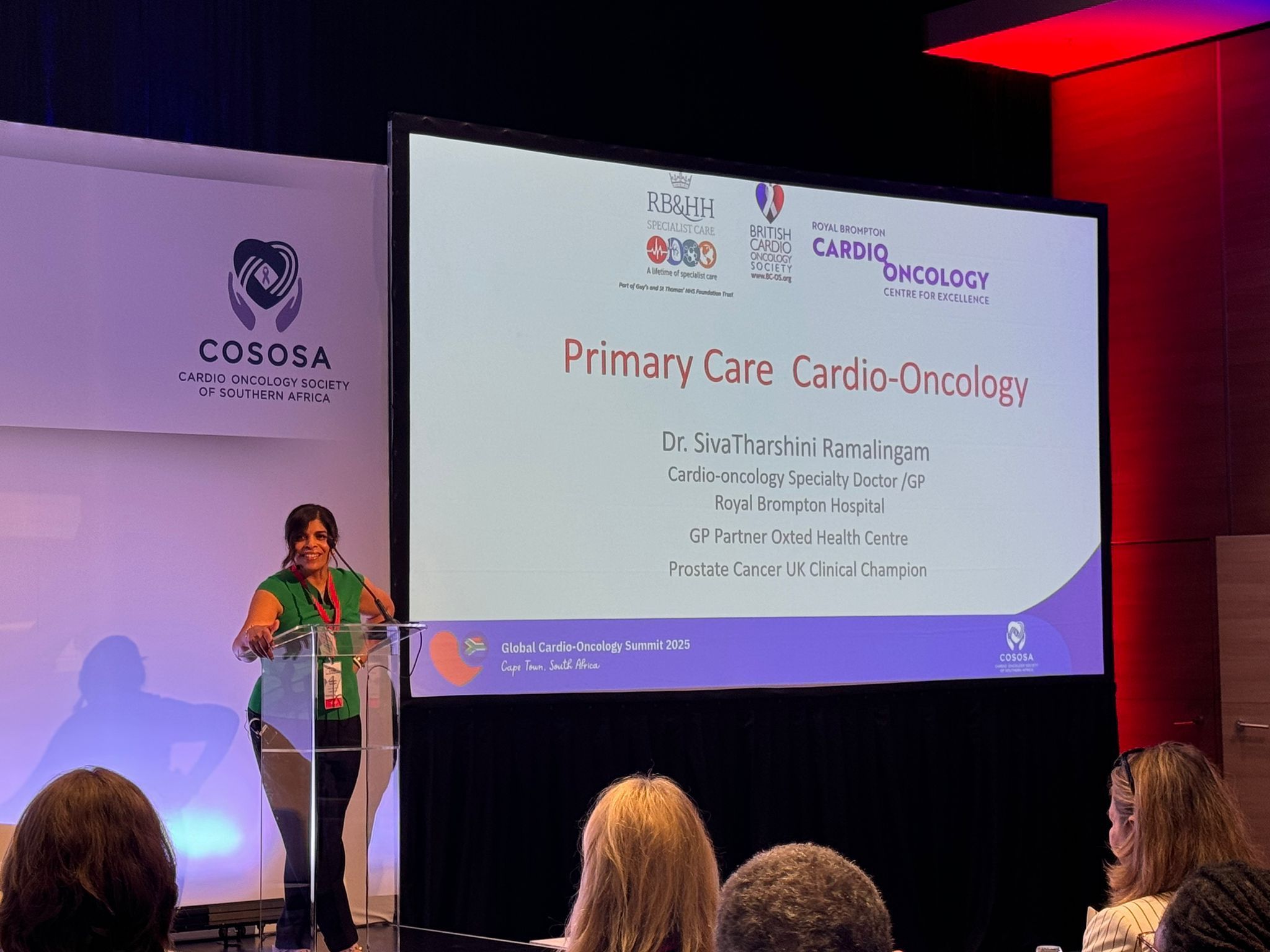
You can also read: 15 Posts Not To Miss from GCOS 2025
